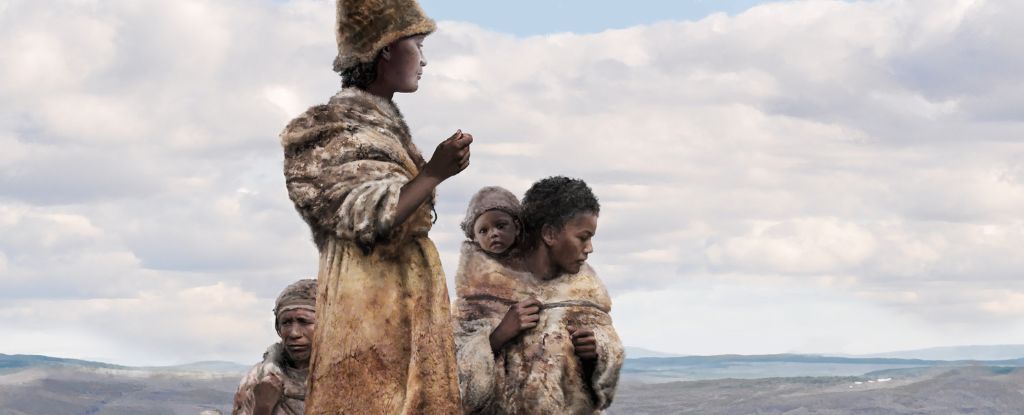Humans news stories

Taking its name from a now obsolete constellation known as Quadrans Muralis, the event is best viewed in the northern hemisphere, with the meteors appearing to radiate from the constellation Boötes, which is found near the collection of stars often dubbed the Plough or the Big Dipper

A new study…challenges the widely held theory that the structure was used as an astronomical observatory, as the original alignment of the walls and entrances does not correspond to celestial observations, as previously hypothesized.

Research conducted at the Department of Biology, University of Padova, has identified critical genomic milestones in the evolution of Homo sapiens, including key chromosomal rearrangements and specific gene variants that contributed to the development of current modern human traits.
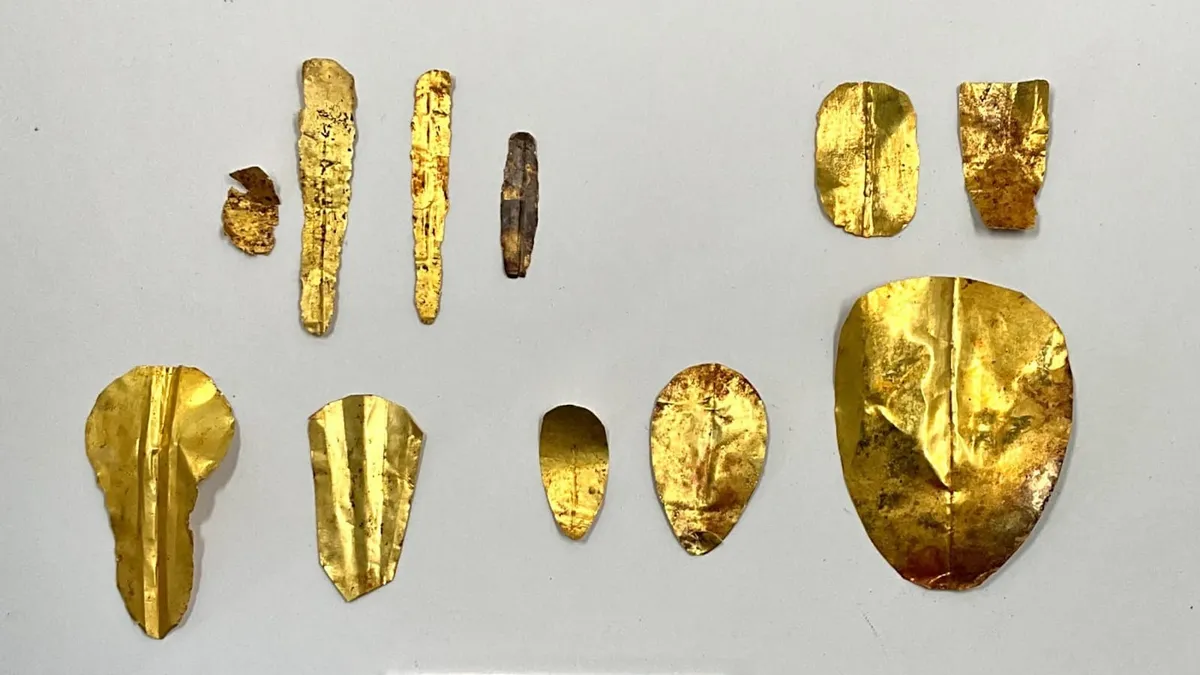
More than a dozen ancient gold tongues have been discovered in a cemetery at the site of Oxyrhynchus in Egypt.

Psychedelics are being tested as add-ons to psychotherapy, but in trials, there’s little detail about how the therapy is actually conducted, Dr. Albino Oliveira-Maia says.

New research by Flinders University and University of South Australia, conducted in partnership with Narungga Nation Aboriginal Corporation and Point Pearce Aboriginal Corporation, has revealed 8,000 years of Aboriginal history on South Australia’s Yorke Peninsula (Guuranda)
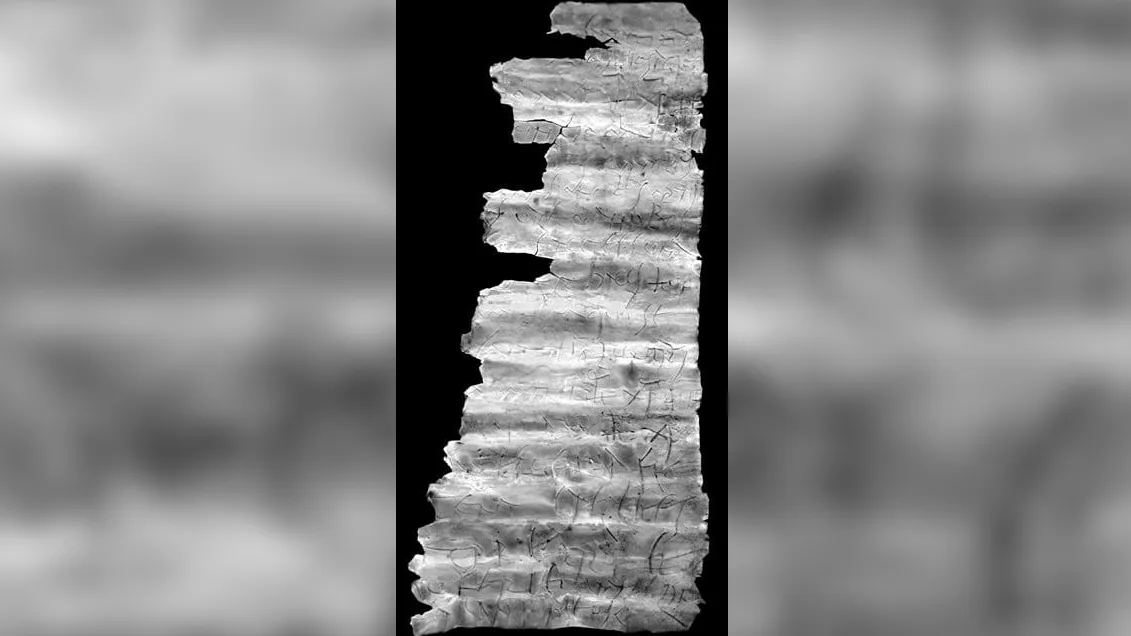
A 1,800-year-old silver amulet discovered in a burial in Germany is the oldest evidence of Christianity north of the Alps, according to a new study.
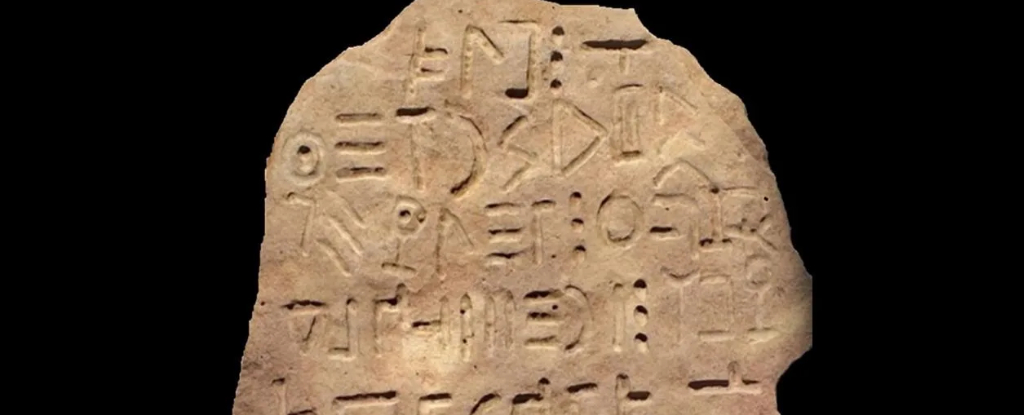
A team of archaeologists from across Georgia has confirmed the impressions represent samples of a script that has never been documented, raising questions on the spread and preservation of writing across the transcontinental region.This research was published in the Journal of Ancient History and Archaeology.
The remains of at least 37 people unearthed from the Early Bronze Age site of Charterhouse Warren in England have revealed the darker side of human prehistory…the findings have been published in the journal Antiquity.
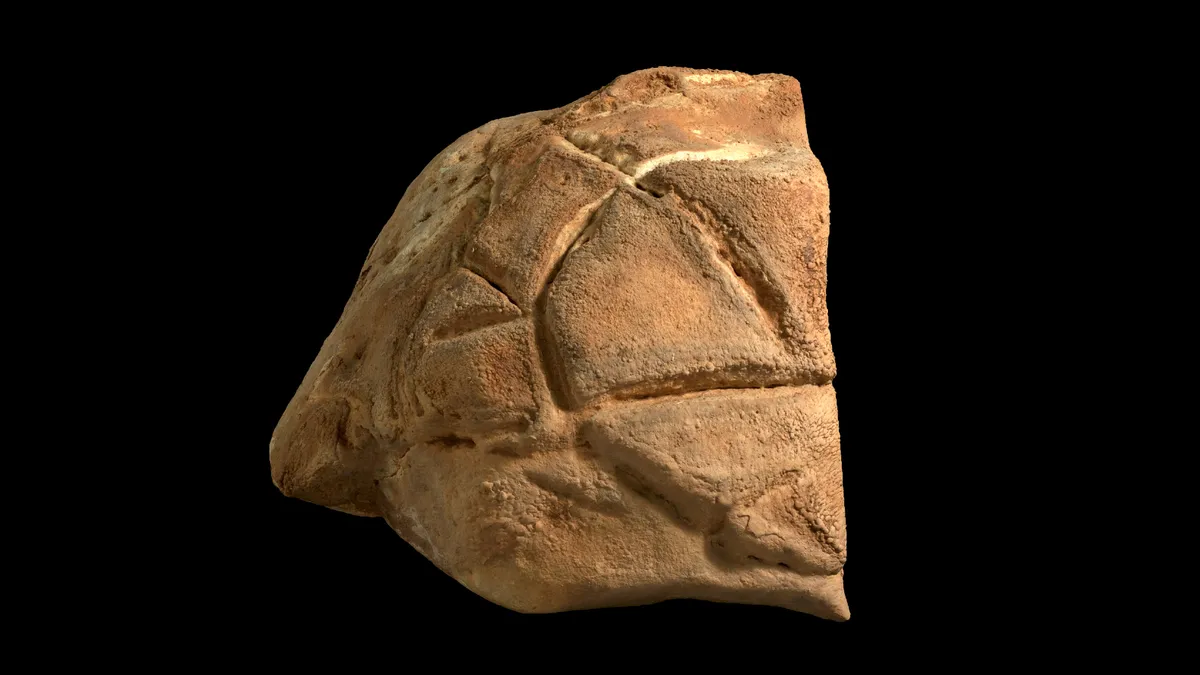
A granite boulder carved more than 35,000 years ago deep in a cave in Israel may be the oldest evidence of ritual practices in the Holy Land, a new study suggests.

Archaeologists Dr. Wim van Neer, Dr. Bea De Cupere, and Dr. Renée Friedman have published a study on the earliest evidence of horn modification in livestock in the Journal of Archaeological Science.
A new study published in the Journal of Psychoactive Drugs has uncovered significant associations between naturalistic ayahuasca use and improved mental health.

The people associated with the Neolithic Cucuteni-Trypilla culture lived across Eastern Europe from approximately 5500 to 2750 BCE. With up to 15,000 inhabitants, some of their mega-sites are among the earliest and largest city-like settlements in prehistoric Europe.
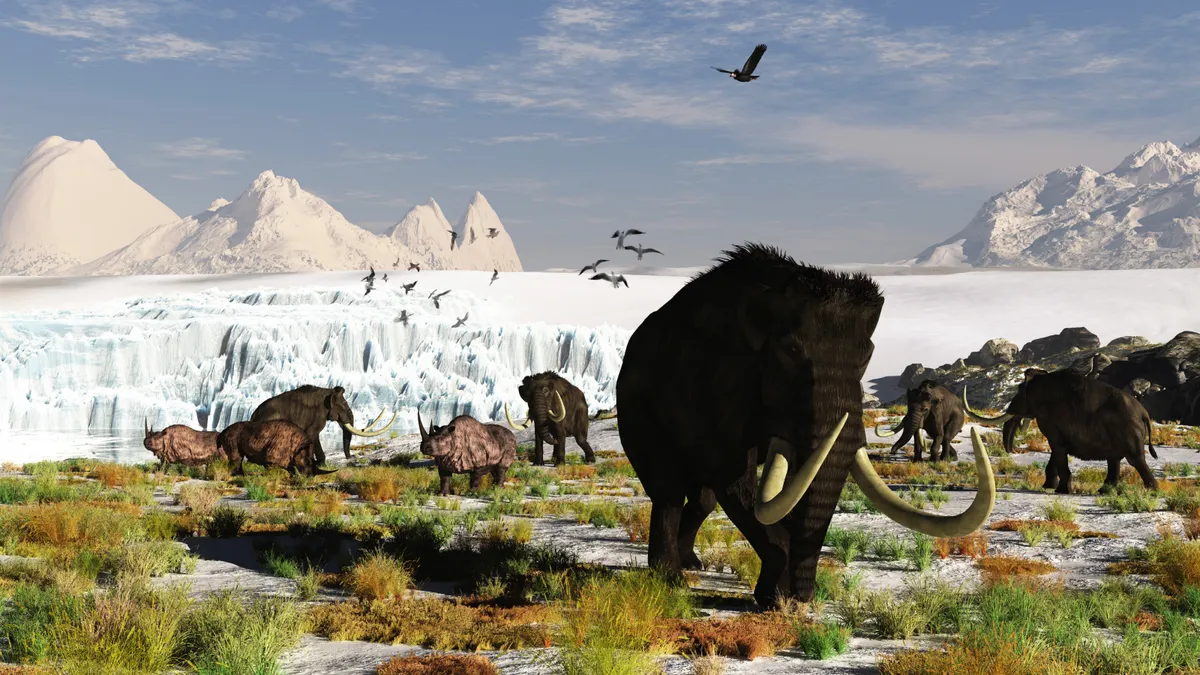
The Bering land bridge that spanned between Siberia and Alaska during the Ice Age was more of a Bering land bog, new research finds.






